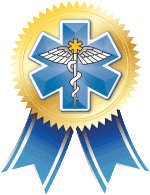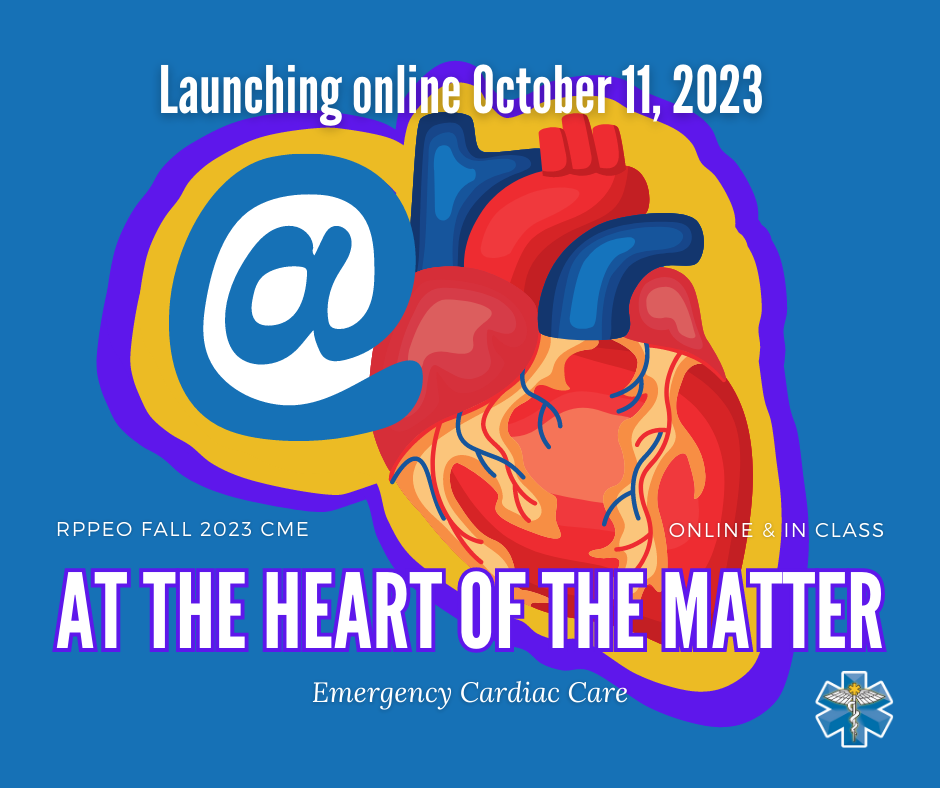Policy Revision: Ordering and Managing Controlled Substances
As part of our ongoing work to strengthen medication stewardship and controlled substances oversight, RPPEO has completed a review and revision of several internal policies. While most changes were administrative or formatting in nature, we made one substantive revision that may affect clinical work:
Read more …Policy Revision: Ordering and Managing Controlled Substances
- Hits: 382


 An official announcement has been made, the RPPEO has won the Power of a System award in Patient Safety Education from the Canadian Patient Safety Institute
An official announcement has been made, the RPPEO has won the Power of a System award in Patient Safety Education from the Canadian Patient Safety Institute

